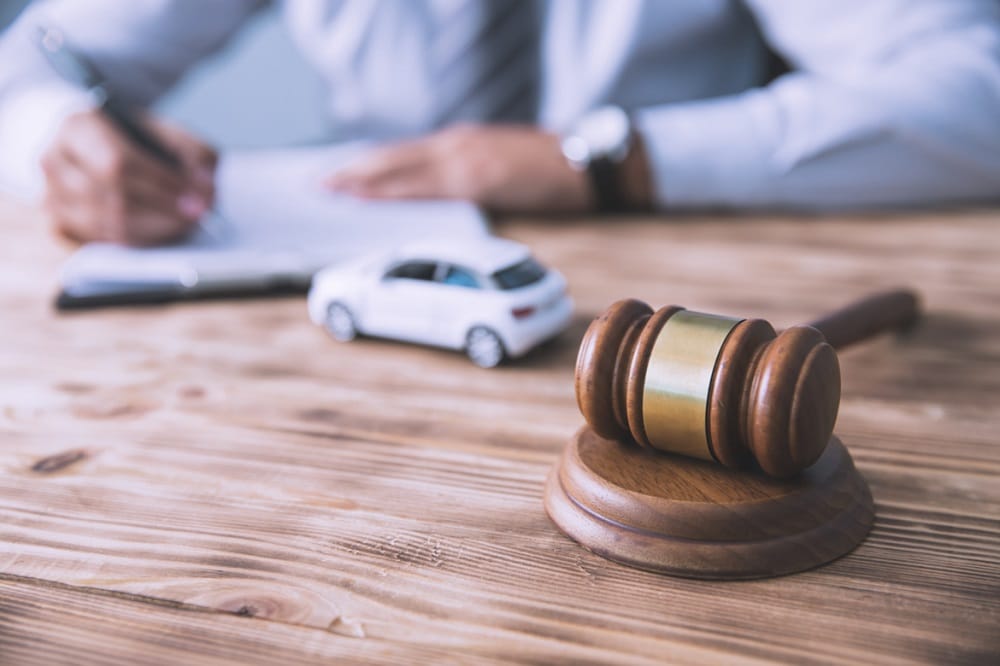Seasoned lawyers meticulously examine the details of each criminal case to identify legal technicalities they leverage to weaken the prosecution. For example, if police violate Constitutional rights like an improper vehicle search or failure to Mirandize a suspect all resulting evidence gets excluded. Sharp defense attorneys pounce on these Fourth and Fifth Amendment violations to get incriminating evidence and even confessions thrown out. While prosecutors may still pursue charges without the excluded evidence, these wins dramatically tip the scales in favor of acquittal.
Other technicalities like missing signatures on warrants or clerical errors in documents also torpedo the prosecution’s case. Procedural mistakes in collecting or handling evidence could result in key exhibits getting barred from trial. Successful attorneys comb through all filings to spot these fatal flaws early and then file motions to suppress evidence and statements. Meticulous investigation and research uncover additional irregularities that could nullify entire cases. Checking if the vehicle speed detection device had an expired calibration certificate or radar device operation license could knock out key evidence. Failure to follow stuffy regulations surrounding Breathalyzer tests also frequently benefits the defense.
Exposing unreliable witnesses and botched investigations
Many criminal charges rely heavily on eyewitness testimony placing the defendant at the scene or directly implicating them in illegal acts. However, extensive research shows eyewitness recall suffers from serious reliability issues that cloud accuracy – especially stranger identification. High-stress situations like violence further distort memory formation and retrieval. Brilliant cross-examination by criminal lawyers aims to shatter eyewitness credibility regarding details like lighting, distance, obstructions, duration of observations, intoxication levels, and much more. Even small inconsistencies poke giant holes in witness testimony. Exposing witnesses as unreliable frequently destroys critical lynchpins underlying the prosecution’s theory.
Leveling the playing field with experts
The government dedicates tremendous resources to forensic investigations like DNA testing, fingerprint examination, ballistics, tool marks, blood spatter patterns, digital evidence recovery, and other technical fields supporting criminal charges. Unfortunately, many forensic analysis methods lack standardization and testing on reliability – jeopardizing appropriately applying those disciplines in court.
Securing favorable expert input remains expensive but worthwhile considering the stakes involved. Funding top experts levels the playing field against the state’s superior financial resources. The right experts communicate technical concepts in plain language judges and juries easily digest. Juries are unlikely to disregard unrebutted expert testimony undermining key evidence pillars underlying the criminal allegations. Knocking even one forensic discipline off the table opens space for reasonable doubt regarding guilt emerging.
When do the odds stay stacked?
Naturally, defense lawyers cannot win every case. Faced with overwhelming eyewitnesses, volumes of documents, massive forensic evidence, and defendants with long violent criminal histories even the sharpest lawyers struggle to find any daylight. Judges and juries do take their duties seriously, correctly convicting guilty criminals in many cases.
Through perseverance and creativity, criminal lawyer Blacktown finds and amplifies the smallest defects to engineer huge advantages. They zealously exploit every opportunity to obstruct prosecutors burdened with proving often complex charges beyond reasonable doubt. By continually forcing the high standard, criminal defense attorneys ultimately triumph more than statistics anticipate. Their refusal to quit against all odds transforms desperate cases into righteous victories.

